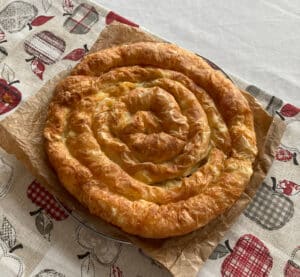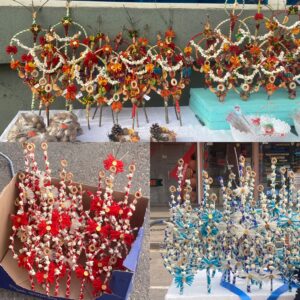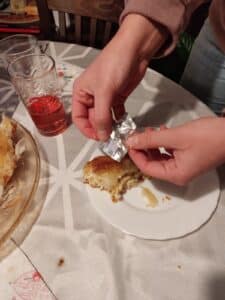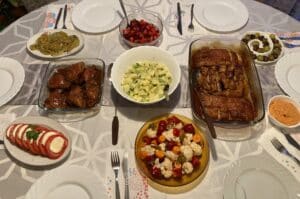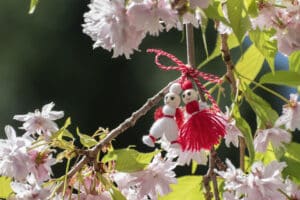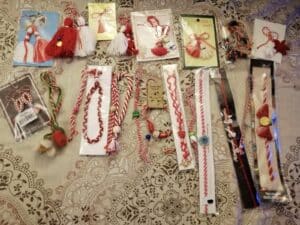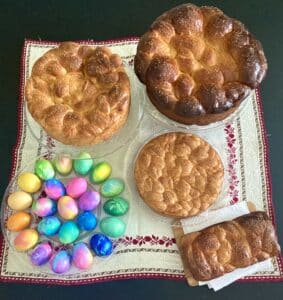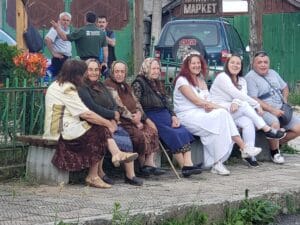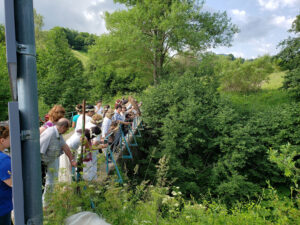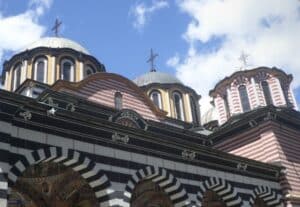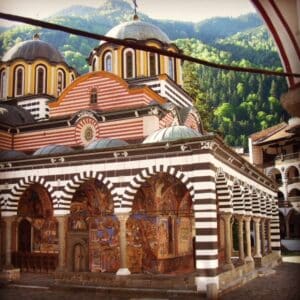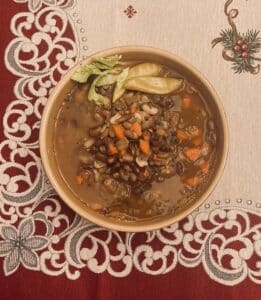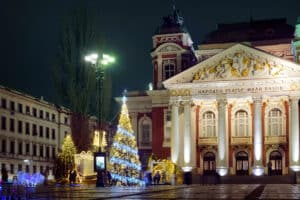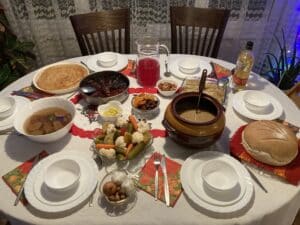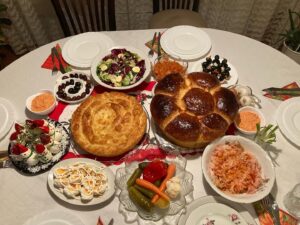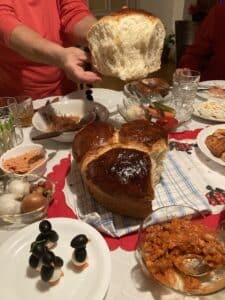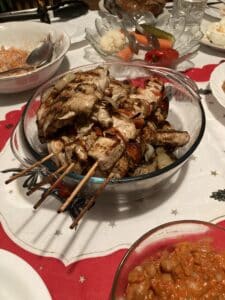Bulgarian holidays focus in large part on the country’s long road back to being an independent state after centuries of being part of the Ottoman Empire. They also feature many holidays connected with the Bulgarian Orthodox Church, which helped preserve Bulgarian culture during that occupation. Saint’s days and name days are of particular importance. Lastly, a holiday celebrating the invention of Glagolitic, the first Cyrillic alphabet, recalls the days when Bulgaria was one of Europe’s greatest kingdoms and the special place the Bulgarian culture still holds within Slavic cultures.
Days Off
| Spring | Summer | Fall | Winter |
| March 3 April 20-21 May 1, 6, 8, 24 |
None | September 6, 22 November 1 |
December 24-26 January 1 |
New Year, Vasil Day, and Surva
in Bulgarian: Нова година, Васильовден, Сурва
January 1, 2025
Public holiday
(day off: Jan 1, 2025)
The New Year is one of Bulgaria’s most important festive periods, with a string of holidays and colorful traditions that carry Bulgarians through the first week of the year. The New Year is believed to mark a new beginning with hope for a better year than before. It is celebrated with fireworks, noisemakers, music, and concerts. The Bulgarian national dance, the Horo, which is performed as a line or circle dance and involves intricate footwork, is also part of the celebration.
January 1 is also a saint’s day, celebrating Saint Vasil. Vasil Day celebrates the name “Vasil” and those similar to it, such as Basil, Vasko, and Vesilin. Name days are a popular tradition in Bulgaria and are often in honor of important Eastern Orthodox saints and patrons. These days are celebrated like birthdays, which means that, families and friends give presents, chocolates, or a nice bottle of rakia along with well-wishes to the name-holder. The name-holder must be ready for guests to arrive at their home at any time as they often show up uninvited.
January 1 also involves “survakane,” a tradition with mixed Christian-pagan roots dating to the Thracian era. During the early morning hours, young children (~5-12 years old) visit their relatives, friends, and neighbors. They carry dogwood branches called survachki (sing. survachka) decorated in yarn, popcorn, coins, dried fruit, sushki (dried, mini bagels), and ribbons. These decorations represent gifts of the earth (i.e. fruits, corn). The survachka is bent and tied to resemble the Cyrillic letter “Ф.” This shape does not have any purposeful symbolism; in rural areas it is possible to see the branch as in its natural form. Children gently pat those older than them with the branch while reciting a verse to bless them with health and prosperity in the New Year. Dogwood is considered a strong tree; hence, children pat their elders and wish them strength. The standard surva verse, which may vary slightly across regions, is below:
| Сурва, сурва година Весела година, Златен клас на нива, Зелен грозд на лозе, Жълт мамул на леса, Черверна ябълка в градина, Пъдлна къща с коприна, Живо-здраво догодина, Догодина до амина! |
Surva, surva year Happy year, Golden wheat in the field, Green grape in the vineyard, Yellow corn stocks in the woods, Red apple in a garden, Full house with silk, Lively-healthy to next year, Next year I’ll see you! |
The word “surva” does not have an exact meaning. It is used only for the New Year and carries a wish for health, happiness, peace, prosperity, and the like. After they have been “survaked,” the elders give the children snacks, candy, or money.
The kukeri is another unique Bulgarian New Year’s tradition. Some people call it Bulgaria’s “festival of monsters.” Men wear the traditional Bulgarian nosiya dress and oversized, heavy furs, big, scary masks with animal faces and horns, as well as large bells tied around their waists. The headdress can be as tall as two feet. These frightening and devilish costumed kukeri parade throughout the village at night to scare away the demons and evil spirits. Then, they gather in the city square to dance. The origin of the term “kukeri” likely comes from the Latin “cuculla” which refers to a folklore monster dressed in fur and ribbons.
The New Year dinner is a feast. Meats, salads, breads, cheeses, and champagne are a must. The most iconic dish is a rich, flakey, layered spiral pastry called banitsa, which is eaten at midnight. It is made of filo dough filled with a mixture of whisked eggs, feta cheese, yogurt, and oil. For New Year, fortunes like “health,” “travels,” “new friends,” “a new car,” “winning the lottery,” etc. are written on small pieces of paper, wrapped in foil, and rolled into the pastry. Whatever fortunes you get in the piece you tear off are what you’ll receive in the new year!
Iordan Day
in Bulgarian: Йордановден
January 6, 2025
Not a public holiday
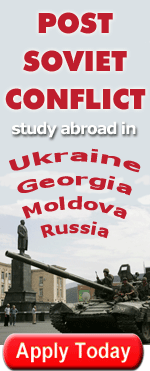 January 6 celebrates the name Iordan (the Bulgarian version of “Jordan”) and its variants such as Dancho, Dana, Bozhan, and Bojan. According to tradition, St. John the Baptist baptized Jesus on this day in the Jordan River. It is said in the Bible that when Jesus was baptized, God came down to Earth and declared Jesus his son. Some believe that the skies still open on the night of the 5th, and whoever witnesses the heavens opening will have all their wishes fulfilled by God.
January 6 celebrates the name Iordan (the Bulgarian version of “Jordan”) and its variants such as Dancho, Dana, Bozhan, and Bojan. According to tradition, St. John the Baptist baptized Jesus on this day in the Jordan River. It is said in the Bible that when Jesus was baptized, God came down to Earth and declared Jesus his son. Some believe that the skies still open on the night of the 5th, and whoever witnesses the heavens opening will have all their wishes fulfilled by God.
In other countries, the day is often called “Epiphany.” Like in many other Slavic lands, it is celebrated in Bulgaria with baptisms and ritual bathing in rivers, despite the fact that they are usually freezing in Bulgaria in early January. On Iordan Day, tradition dictates that after the baptisms, the priest throws a small cross into a nearby lake or river. Young bachelors jump into the freezing water to find the cross. Whoever finds it will receive happiness and health. If, when the cross is found, it has frozen in the cold water, the year will be plentiful. Then, a celebration is held in which the bachelors perform the Horo, the intricate Bulgarian national group dance.
Babinden
in Bulgarian: Бабинден
January 8, 2025
Not a public holiday
In Bulgarian, “Baba” means “grandmother,” but it can also refer to the “midwife” because grandmothers traditionally took the role of midwife in the past. Grandmothers assisted mothers in labor because only they knew how a healthy and good child was to be born and how to care for the child after it was born. This is a day that celebrates grandmothers and the circle of life.
Before sunrise, women and their young children (1-3 years old) pour fresh water into a bucket. They put a sprig of basil or a geranium in the water and take it, along with soap and a new towel, to the grandmother’s home to bathe her. This ritual is related to the purifying power of water and is dedicated to the health of grandmothers and midwives. Freshly clean, the grandmother then brings white and red wool, millet, and honey to families she assisted in midwifery. The white wool is a blessing of long-life to the children, the red wool is for the child to be healthy and rosy-cheeked, the millet represents bountiful food, and the honey is given so that the children are hard-working like bees.
Sirni Zagovezni, Day of Forgiveness
in Bulgarian: Сирни Заговезни, Прошка
March 2, 2025
Moveable dates
Not a public holiday
Sirni Zagovezni, known in English as Shrove Sunday or Cheesefare Sunday, is one of Bulgaria’s most treasured holidays. It falls on a different day each year but is always the Sunday seven weeks before Easter, i.e. the first Sunday before the Great Lent. The name of the holiday (сирни “sirni”) comes from the Bulgarian word for cheese “sirene.” Various rituals are observed throughout the day before the longest period of fasting in the Christian Orthodox calendar begins.
On this day, family members ask each other for forgiveness. The younger person says, “Forgive me,” to which the older person replies, “You are forgiven. God forgives.” The hierarchy of the young being the one to ask for forgiveness is always observed, although nowadays the elder may also ask for forgiveness when responding. Only after all have been reconciled with one another by asking for and receiving forgiveness may they begin feasting.
This is the last day before Lent on which dairy products may be eaten. Meat products are not eaten on this day as they became excluded the Sunday prior (Meatfare Sunday). Families gather for a large feast of fish (fish is not considered “meat”), eggs, and banitsa. Halva, a dessert made from sugar and nuts, is commonly served. Similar to the one before Christmas, this fast has become largely optional among Bulgarians. The reasoning in the fast is that Christ Jesus gave up his life for the people, and therefore they should give up something in return.
A favorite tradition on Cheesefare Sunday is “hamkane.” Red yarn is used to hang a peeled, boiled egg from the ceiling. The egg is then spun in a circle. The goal is the catch the egg using only one’s mouth. The slipperiness and elasticity of the egg can make this very challenging!
Another ritual involves the lighting of bonfires outside the villages. Young men and women dance around the fires, and sometimes jump over them, and the men shoot off rifles. The Monday following Cheesefare Sunday, kukeri (as on New Year, see above) parade through the towns to scare away the evil spirits.
Baba Marta
in Bulgarian: Баба Марта
March 1, 2025
Not a public holiday
Baba Marta, or Grandmother March, is a folklore character who comes every March 1 to say farewell to the cold, gloomy days of winter and welcome spring. According to tradition, she is the symbol of newness. If she is happy, the weather is pleasant; if she is upset, it is cloudy and cold. Therefore, people try to keep Baba Marta happy by waking up early on the first day of March and cleaning their homes. A common saying is, “Fleas out, March in.”
On this day, friends, relatives, and colleagues exchange martenitsi with one another. The origin of the martenitsa (sing.) is uncertain but has a long history. The most popular belief is that the first martenitsa was created by 7th century ruler Asparuh and his one and only love Ahinora when they tied red and white yarn on a sparrow’s foot to send their love to each other.
The Bulgarian martenitsi are always red and white. Red, being the color of blood, represents health and fertility. White symbolizes strength, the sun, and purity. Martenitsti are commonly worn as bracelets made from red and white yarns or threads, but they also come in the form of tassels, necklaces, and even yarn dolls. Friends, relatives, and colleagues exchange martentsi on March 1 to wish each other health, happiness, and protection from evil spirits.
Martenitsi are worn throughout March until the first sighting of spring, for example flower blossoms or storks. Bulgarians then take off their martenitsi and hang them on tree branches. (If one doesn’t see a stork or other sign of spring, they simply take their martenitsa off at the end of March.)
Liberation Day
in Bulgarian: Ден на освобождението на България
March 3, 2025
Public holiday
(day off: March 3, 2025)
Also known as the National Day of Bulgaria, March 3 recognizes the Bulgarians who fought in the Russo-Turkish War of 1877-78. These were the Bulgarians who began the liberation movement that eventually would free their country from 500 years of Ottoman rule. On March 3, 1878, the Russian and Ottoman Empires signed the Treaty of San Stefano, declaring Bulgaria an autonomous principality. A large celebration is held in the Shipka Pass in the Balkan Mountains where the most important battle was fought. There are fireworks and parades in city centers across the country to honor the army. Most of these celebrations are also televised.
The creation of an independent Bulgaria, however, was not welcomed by the major Western powers, such as Austria-Hungary and Britain, who feared that the treaty had created a Bulgaria that was too large and would have too much Russian influence in the Balkans. This discontent resulted in a revision of the treaty at the Congress of Berlin in July 1878, which created a smaller Bulgarian principality (autonomous but still under the sovereignty of the Ottomans) and Eastern Rumelia (autonomous province). The reunification of the country would only come years later – this reunification is celebrated on September 6, or Unification Day (see below).
International Women’s Day
in Bulgarian: Международен ден на жената
March 8, 2025
Not a public holiday
International Women’s Day is a holiday celebrated in 30+ countries, and it holds a special place in the hearts of Bulgarians. This day recognizes women’s many achievements, be they political, social, military, economic, or musical. Gifts and flowers are given to women on this day. It is customary for women to receive a single flower from stores and shops when they enter. As in several other countries, March 8 is also celebrated as Mother’s Day.
Palm Sunday
in Bulgarian: Цветница
April 13, 2025
Moveable date
Not a public holiday
Tsvetnitsa, or Palm Sunday, is celebrated on the Sunday one week before Easter and is the beginning of Holy Week. In Bulgarian, “tsvete” mean flower. This day is a name day that celebrates all names related to plants and trees, for example Peony, Violeta, Willow, and Dahlia.
In the Bible, on Palm Sunday, Christ Jesus entered Jerusalem riding on the back of a humble donkey. The people greeted him with palm and olive leaf branches and spread them on the ground as he entered the city. Tsvetnitsa celebrates this event. Willow branches can be seen in the churches as a symbol of health and as an ode to the branches used to greet Christ. Bulgarians attend a special liturgy at the cathedral. Then, they take a willow branch home and place it in a vase or on their front door. “Holy week” begins the Monday following Palm Sunday.
Easter
in Bulgarian: Великден
April 20, 2025
Moveable date
(days off: April 20-21, 2025)
According to the Bible, three days after Christ Jesus was crucified and buried in a tomb, he was resurrected. Easter’s name in Bulgarian “Velikden” can be directly translated as “Victorious Day.” It celebrates death’s defeat and Christ’s victory over it. The celebration begins on the Monday of Holy Week and lasts the entire week. Sunday (Easter) marks the end of the week and also the day Christ resurrected. Bulgarians greet each other with “Hristos voskrese” (Christ has risen), and the traditional reply is “Vo instina voskrese” (Verily, he has risen). Like on other major Christian Orthodox holidays, Bulgarians attend church liturgies or watch the live stream from home.
Egg dyeing is an important tradition on Easter. Traditionally, Bulgarians dye their eggs in a multitude of colors. Once the eggs have dried, they are gently rubbed with oil to get a sheen. The first dyed egg is always a solid red to represent the blood of Christ. Once the eggs are finished, people take turns tapping the head of their egg against others’. Whoever’s egg remains unbroken will have a year of health and fortune.
The traditional Bulgarian Easter bread is called “kozunak” (козунак). Kozunak is a type of sweet bread or stollen, often baked with raisins or dried fruit. Its texture may be compared to Jewish challah in that it is soft and easy-to-tear. Bulgarians often braid the kozunak dough, and the loaves are often generously sprinkled with sugar on top.
Labor Day
in Bulgarian: Ден на труда и на международната работническа солидарност
May 1, 2025
Public holiday
(day off: May 1, 2025)
Despite its official status as a holiday, there are no associated traditions. It is simply a day off on which people rest or gather with family. The day was declared in 1939, celebrated through the Communist era, and remained after socialism in Bulgaria ended in 1989.
St. George’s Day, Day of the Bulgarian Army
in Bulgarian: Гергьовден
May 6, 2025
Public holiday
(day off: May 6, 2025)
May 6 commemorates the Bulgarian armed forces. Celebrations, military parades, and ceremonies are held across the country. This day is also the name day for “George” in honor of St. George, a patron saint of soldiers across many Slavic cultures.
Day of the Bulgarian Alphabet, Education, and Culture and of Slavic Literature
in Bulgarian: Ден на българската азбука, просвета и култура и на славянската книжовност
May 24, 2025
Public holiday
(day off: May 24, 2025)
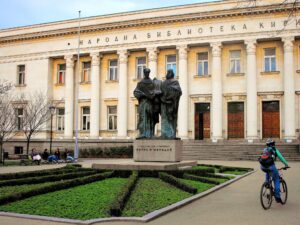
May 24 is one of Bulgaria’s biggest, and most unique, holidays. Bulgaria prides itself as the birthplace of the Cyrillic alphabet (read more about the Bulgarian language and the origins of the Cyrillic script here). Large celebrations are held in front of the St. Cyril and St. Methodius monuments by the National Library in Sofia. These saints were the creators of the original Cyrillic script (Glagolitic). While the holiday has “Slavic literature” in its title, the main focus is on these two saints, their students, and significant Bulgarian authors. School, government and administrative offices, banks, etc. do not operate on this day.
A fun fact – Bulgaria is currently the only EU country that uses the Cyrillic alphabet. Bulgaria’s entry into the Union in 2007 came with making Cyrillic the Union’s third official alphabet
Enyovden
in Bulgarian: Еньовден
June 24, 2025
Not a public holiday
Enyovden is a Bulgarian tradition with pagan and Christian roots. It began as a midsummer tradition marking the summer equinox. Today, it has merged with the Day of Saint John the Baptist and is celebrated on a set day: June 24. It’s also a name day for Enyo and related names like Yana, Yanko, Yankul.
Enyovden is particularly concerned with water and the sun. Traditionally one washes oneself in the morning in moving water or by rolling in the morning dew because the water has special healing powers from the sun on this day. Herbs are also infused with this power and thus are harvested on this day to be dried and used throughout the winter.
A popular tradition involves dressing up a young girl in white and red, putting a wreath of flowers on her head with a silver coin, and having an unmarried woman carry her while singing songs with other unmarried women marching through the village, wishing health and fertility to all.
For more about Enyovden, see this article on Folkways!
Bulgarian Unification Day
in Bulgarian: Съединението на България
September 6, 2025
Public holiday
(day off: Sept 6, 2025)
Unification Day is the public celebration of the unification of Eastern Rumelia and the Principality of Bulgaria. Under the 1878 Treaty of Berlin, some of the gains of the Treaty of San Stefano, which made Bulgaria independent of the Ottoman Empire, were walked back by major European powers. In exchange for moving the Ottomans further from Western European states, Eastern Rumelia in southern Bulgaria was separated from the Principality of Bulgaria, which remained under Ottoman sovereignty. Clearly, Bulgarians viewed the Treaty of Berlin as unfair. From 1878-1885, Bulgarians protested the partition of their country. The Eastern Rumelians staged a nonviolent coup d’état, and on September 6, 1885, Eastern Rumelia and the Principality declared their unification in Plovdiv. Plovdiv, Bulgaria is also Europe’s oldest continuously inhabited city at 8000 years!
Like March 3, September 6 is celebrated with fireworks, concerts, and televised celebrations in the city centers.
Bulgarian Independence Day
in Bulgarian: Обявяване на независимостта на България
September 22, 2025
Public holiday
(Days off: Sept 22, 2025)
Bulgaria is one of the oldest states in Europe, dating its founding to a 681 defeat of Byzantine troops. However, it later conquered and ruled for nearly 500 years by the Ottomans, often facing national and religious oppression. It wasn’t until September 22, 1908, a full 30 years after the San Stefano Treaty (detailed in the Liberation Day description above), that Prince (later Tsar) Ferdinand officially declared the de jure independence of Bulgaria and cut off any and all ties to the Ottoman Power. This day is now celebrated as day when Bulgaria was internationally recognized as an independent state.
Like March 3 and September 6, this holiday is celebrated with fireworks, concerts, and televised celebrations in the city centers.
Ivan of Rila Day
in Bulgarian: Свети Иван Рилски
October 19, 2025
Not a public holiday
St. Ivan of Rila (Ivan Rilski) is a Bulgarian patron saint and one of the greatest saints generally in the Bulgarian Orthodox Church. He lived most his life as a hermit (some call him the first Bulgarian hermit) in devotion to God and eventually settled in the Rlia Mountains. There, he founded the Rila Monastery in the 10th century. St. Rilski healed the sick, and word of his miracles quickly spread across Bulgaria. The monastery was the largest holy monastery of its time and became a symbol of Bulgarian identity and culture for the centuries of occupation and oppression to follow. Today, Rila Monastery is also regarded as a symbol of the 19th century Bulgarian Renaissance and National Revival, is considered one of the country’s most important cultural and spiritual centers, and is a UNESCO World Heritage Site.
The Monastery is located in the southwestern part of the Rila Mountains, about 73 miles south of the capital Sofia. The Church honors him each year on this day with a liturgy and processions at the monastery. The holiday, while recognized, is usually not publicly celebrated in that it does not affect local life outside the church but is highly important to the faithful. The liturgy and procession are often televised.
National Awakening Day
in Bulgarian: Ден на народните будители
November 1, 2025
Public holiday for schools only
When the holiday was first celebrated in 1909, it was dedicated to St. Ivan of Rila, St. Cyril and Methodius, Patriarch Euthymius, and revolutionaries such as Vasil Levski, Hristo Botev, Petar Beron, and Lyuben Karavelov. These Bulgarians, through sweat and tears, fought for their motherland, her freedom, and her people. They inspired hope when the Bulgarian people needed it most, and they revived a sense of nationalism, devotion, and pride in the Bulgarian people. Their work lit the fire for the National Revolution and gave Bulgarians a newfound identity as a nation rather just a people. This was an important part of the process that eventually led Bulgaria away from being part of the Ottoman empire and toward being an independent state again.
The holiday commemorates these “deserving” Bulgarians, enlighteners, and heroes of the Revival. Today, November 1 continues to celebrate those modern-day heroes who serve their country with their work in education, science, and culture. Educational institutions have the day off on this day. Processions and student parades are staged in Sofia and across the country. A ceremony is held in front of the presidential office in Sofia during which the national flag is raised.
St. Ignatius Day
in Bulgarian: Игнажден
December 20, 2025
Not a public holiday
This day marks the beginning of the long winter holiday season which carries through Christmas, New Year, and the first week of the year.
When Ignatii (from the Latin “ognen,” meaning fire) was a young child, Christ Jesus lifted him up in his hands and said to his disciples, “I tell you the truth, unless you change and become like little children, you will never enter the kingdom of heaven. Therefore, whoever humbles himself like this child is the greatest in the kingdom of heaven” (Matthew 18: 3b-4).
St. Ignatius Day is the traditional Bulgarian New Year and marks the Winter Solstice, the shortest day of the year and the day on which the days will now become longer. People light small fires to help the sun shine brighter and connect the Earth with the heavens. It is believed that Mary’s birthing pains began on this day.
The first person to enter one’s house on St. Ignatius Day matters greatly. If the person is good and has a good family, health, and luck, he/she will bring those good qualities to the home he/she enters. That family will then have a prosperous and successful year ahead of them. However, if the first person to enter the house is bad, then there will be no fortune for that household.
If someone leaves the home on St. Ignatius Day, they must not come back empty-handed. Whatever one brings home sets the tone for the next year. Nothing must be taken out of the house, so that the blessings do not leave the house. Loans are neither requested nor given.
The host, usually the wife of the head of household, chooses two walnuts for every member of the family. On Christmas Eve, they are left on display for health and good luck.
All dishes must be vegan. i.e. no animal products, to keep the fast. Beans are also not cooked so that there are no storms during the summer. Traditional dishes include boiled corn, cabbage with potatoes, potatoes with rice, boiled barley, turshiya (pickled winter salad), walnuts, honey, and oshav (compote).
Christmas Eve
in Bulgarian: Бъдни вечер
December 24, 2025
Public holiday
(Day off: Dec 24, 2025)
Whereas in many Western countries the focus tends to be on Christmas Day, Christmas Eve is just as significant in Bulgaria. It is the night during which Mary and Joseph awaited the birth of their son Christ Jesus.
The Christmas tree is a symbol of life and connects the human earth with the heavens. Its place in the home is considered holy. The ornaments on the tree also carry symbolic meanings. Fruits and pine cones represent fertility, shiny balls the cosmos, stars the awaiting of baby Jesus, and candles (or electric lights nowadays) represent the heavenly sun.
Traditionally, Bulgarians begin a fast 40 days before Christmas Day (as well as Easter). During this fast, they do not eat animal meat or products, except for designated days that allow for fish. Many modern-day families, however, instead of fasting for 40 days, only fast for Christmas Eve dinner, eating a vegan meal. The family sits at the table around 6-7 pm, when it is believed the first star appeared in the sky.
Christmas Eve is the last day of the fast. Because Christmas Eve represents the miracle of fertility and good fortune, foods that swell and grow, for example beans and onions, are served. The more dishes there are, the fuller the coming year will be. The number of dishes must be odd. Ingredients that are believed to carry certain powers are placed on the table as well. For instance, garlic protects from evil, honey gives a sweet life, nuts are for health, and salt protects from illness. These ingredients are placed in small bowls.
The center piece of the meal is a “pitka.” A silver coin and small twig are placed in the dough. At the table, the head of household breaks the bread high in the air and designates a piece to each family member, starting with the oldest. Whoever has the coin receives good luck and money in the following year. If the coin is in the piece designated to the Virgin Mary or the house, then everyone will have a good year. Whoever receives the twig is believed to be blessed with health in the next year. Like with the coin, if the twig falls in the house of Virgin Mary piece, everyone will receive health.

Other dishes traditionally served on the Christmas Eve table include:
- Зелник (zelnik): phyllo-dough pastry spiral with fermented cabbage
- Тиквеник (tikvenik): phyllo-dough pastry spiral with pumpkin, cinnamon, and sugar
- Пълнени чушки (pylneni chushki): red peppers stuffed with rice, onions, leeks, and spices
- Сарми (sarmi): fermented cabbage leaves filled with rice, onions, leeks, and spices
- Боб чорба (bob chorba): bean soup made with beans, onions, leeks, carrots, red peppers, and spices
- Бобена салата (bobena salata): salad with beans and a tomato-red pepper spread called “lutenitsa”
- Туршия (turshiya): a winter salad consisting of pickles and pickled cauliflower, carrots, and green tomatoes
- Ошав (oshav): compote from dried fruits such as apple and plums
- Homemade rakia, the alcohol of the Balkans. If there is snow outside, the rakia is warmed. Most stores carry homemade rakia for people to buy
- Зелев сок (zelev sok): the liquid that fermented cabbage is pickled in. During the pickling process, a single red cabbage is pickled alongside the green ones. As a result, the liquid (or juice “sok”) is a bright pink. Bulgarians say that it is good for hangovers.
Christmas Day and Koleda
in Bulgarian: Рождество Христово, Коледа
December 25, 2025
Public holiday
(Days off: December 25 – 26, 2025)
December 25 marks the day that Jesus Christ was born and is one of the most important holidays in Bulgaria. While many Orthodox cultures celebrate Christmas by the old Julian calendar, the Bulgarian Orthodox Church became a “new calendarist” in 1963. It adopted what is called the “revised Julian calendar,” which more closely follows the calendar used by most secular states today.
On December 25, the entire family gathers for a feast, and presents are opened. A livestream of the Christmas Day liturgy at Alexander Nevsky Cathedral (located in the center of Sofia) is broadcast on TV.
Bulgaria’s first Christmas tradition is koleduvane. Young men called “koledari” wear traditional national dress and walk around their village from midnight to morning. They sing Bulgarian Christmas carols and wish health, wealth, and happiness unto all. Their singing throughout the night keeps the bad spirits away for the morning of Christmas. The koledari stop by each house in the village, and households show their thanks with small gifts such as bread, beans, or money.
Christmas also means that the fast is over – let there be plenty of meat and dairy on the table! Banitsa, Bulgaria’s national dish, is always on the table. It is made using pastry sheets that are slightly thicker than phyllo-dough. Served as a spiral or sometimes layered, banitsa is filled with feta cheese, eggs, and yogurt and often served with more yogurt (Bulgarians love their yogurt!). Additional dishes on the Christmas table include:
- Pitka: a large bread served at the center of the table and broken by hand
- Boiled eggs, often formed into creations with cream and feta cheese, olives, carrots, and red peppers to resemble snowmen and penguins
- Бобена салата (bobdena salata): bean salad with onions and lutenitsa (tomato and red pepper spread)
- Пържоли, шишчета, пиле (pyrzholi, shishcheta, pile): cutlets, skewered meat, and chicken
- Зелева салата (zeleva calata): salad with cabbage
- Зелена салата (zelena calata): salad with greens
- Spreads for bread such as with ground red peppers and dairy spreads
- Turshiya, oshav, garlic cloves, nuts, onion, and salt (as with the Christmas Eve feast)
- Kozunak: a pull apart bread.
More on Bulgaria
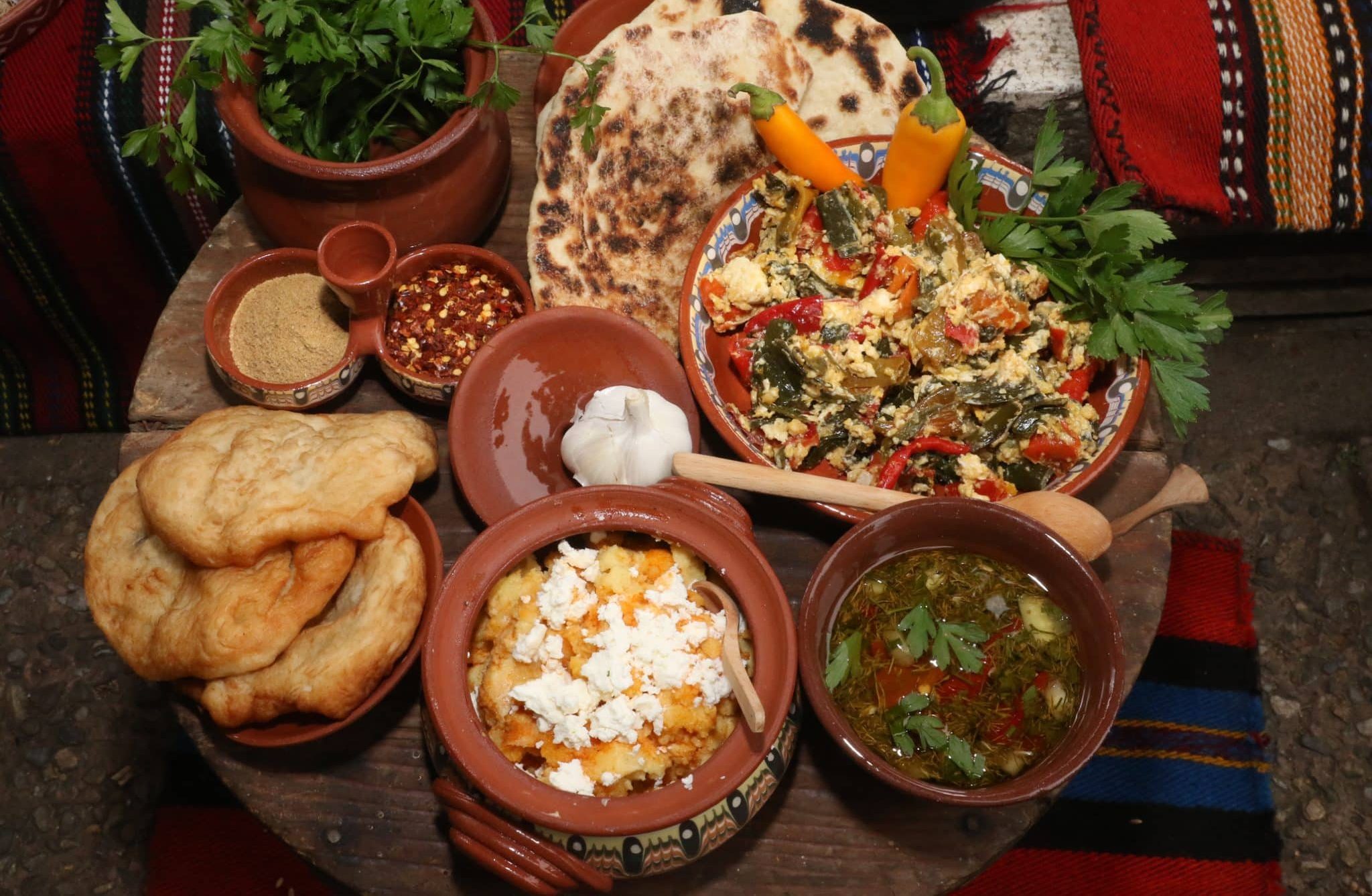
The Bulgarian Food Dictionary
Bulgaria’s earliest inhabitants were the Thracians. Originally nomadic herders, they settled in Bulgaria’s fertile, well-watered lands. There, they cultivated wheat, barley, and grapes, raised sheep, horses, and goats, and collected honey. Later, the arrival of the Slavs and Proto-Bulgarians in the Balkans further enriched the local culture and diet. Notable examples include fermented dairy and […]
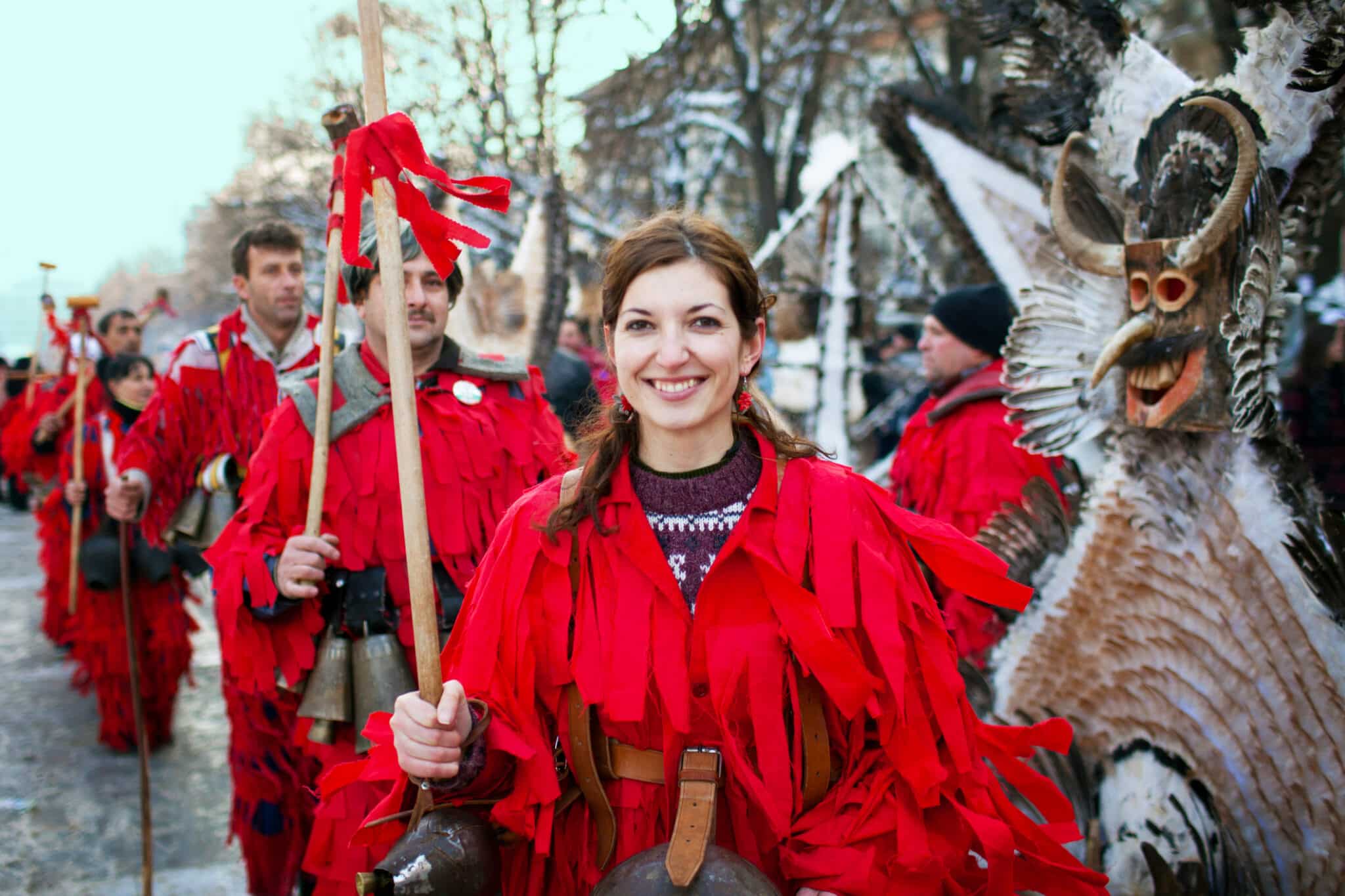
Bulgarian Holidays 2025: A Complete Guide
Bulgarian holidays focus in large part on the country’s long road back to being an independent state after centuries of being part of the Ottoman Empire. They also feature many holidays connected with the Bulgarian Orthodox Church, which helped preserve Bulgarian culture during that occupation. Saint’s days and name days are of particular importance. Lastly, […]
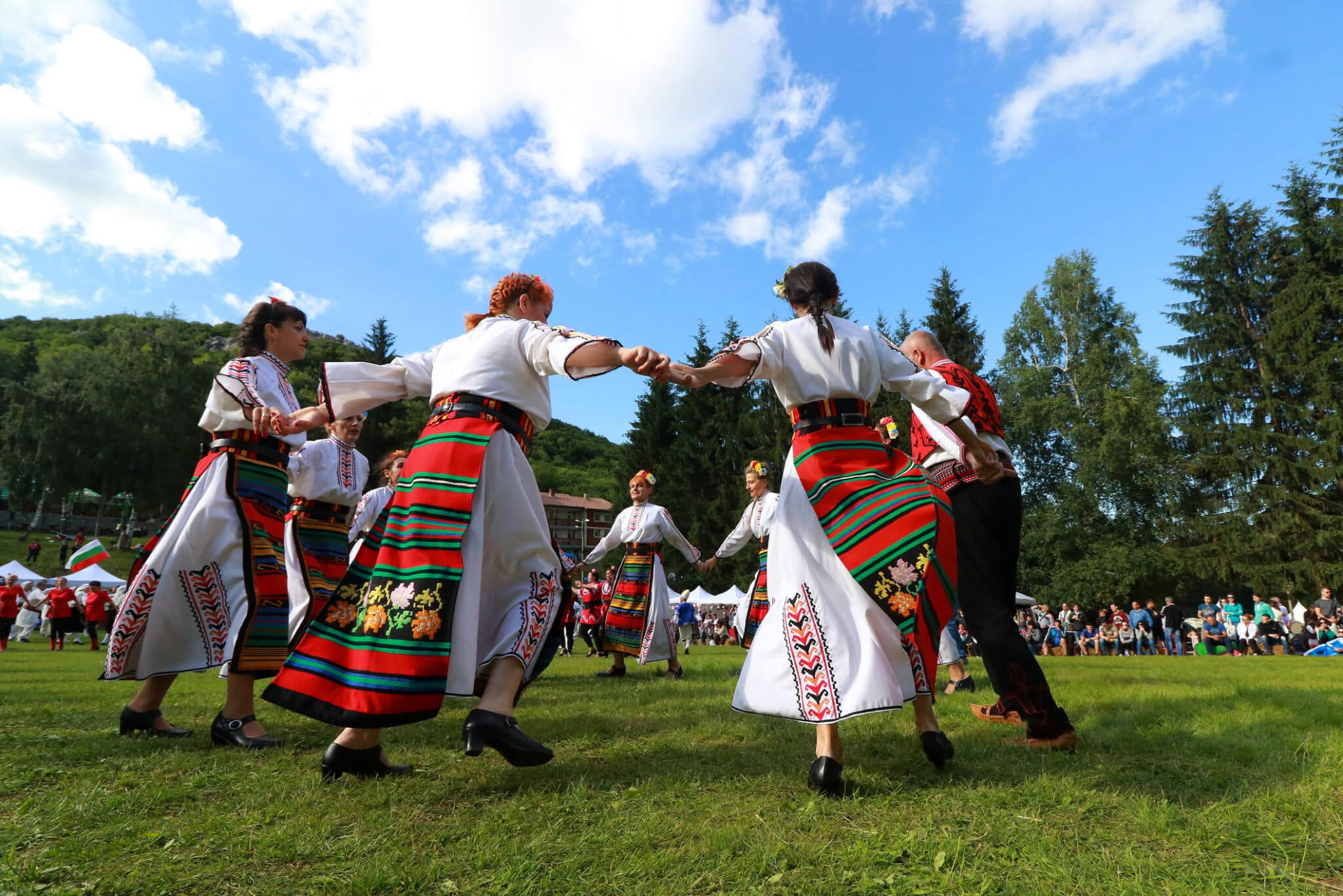
The Talking Bulgarian Phrasebook
The Talking Phrasebook Series presents useful phrases and words in side-by-side translation and with audio files specifically geared to help students work on listening skills and pronunciation. Each entry below, divided by category, features an English word or phrase in the left column and its Bulgarian translation in the right. In the center column for […]
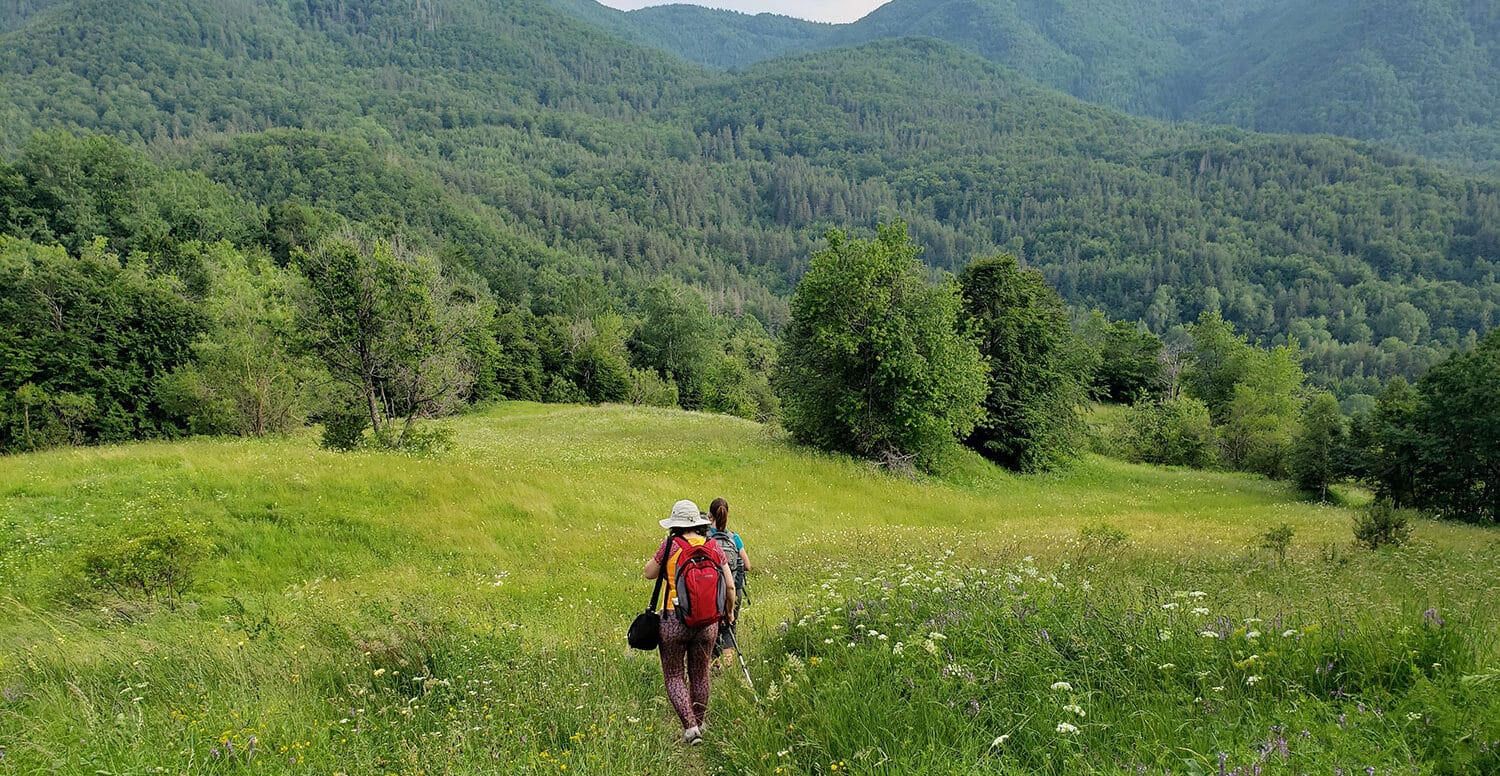
Enyovden: Midsummer in Bulgaria
Bulgaria has been on my list of places to visit for a while. I had planned to visit it while enroute to somewhere else, as a long layover. I never really thought about it in terms of a multi-day destination. However, in June, 2019, an opportunity to spend a few days there appeared and I […]

